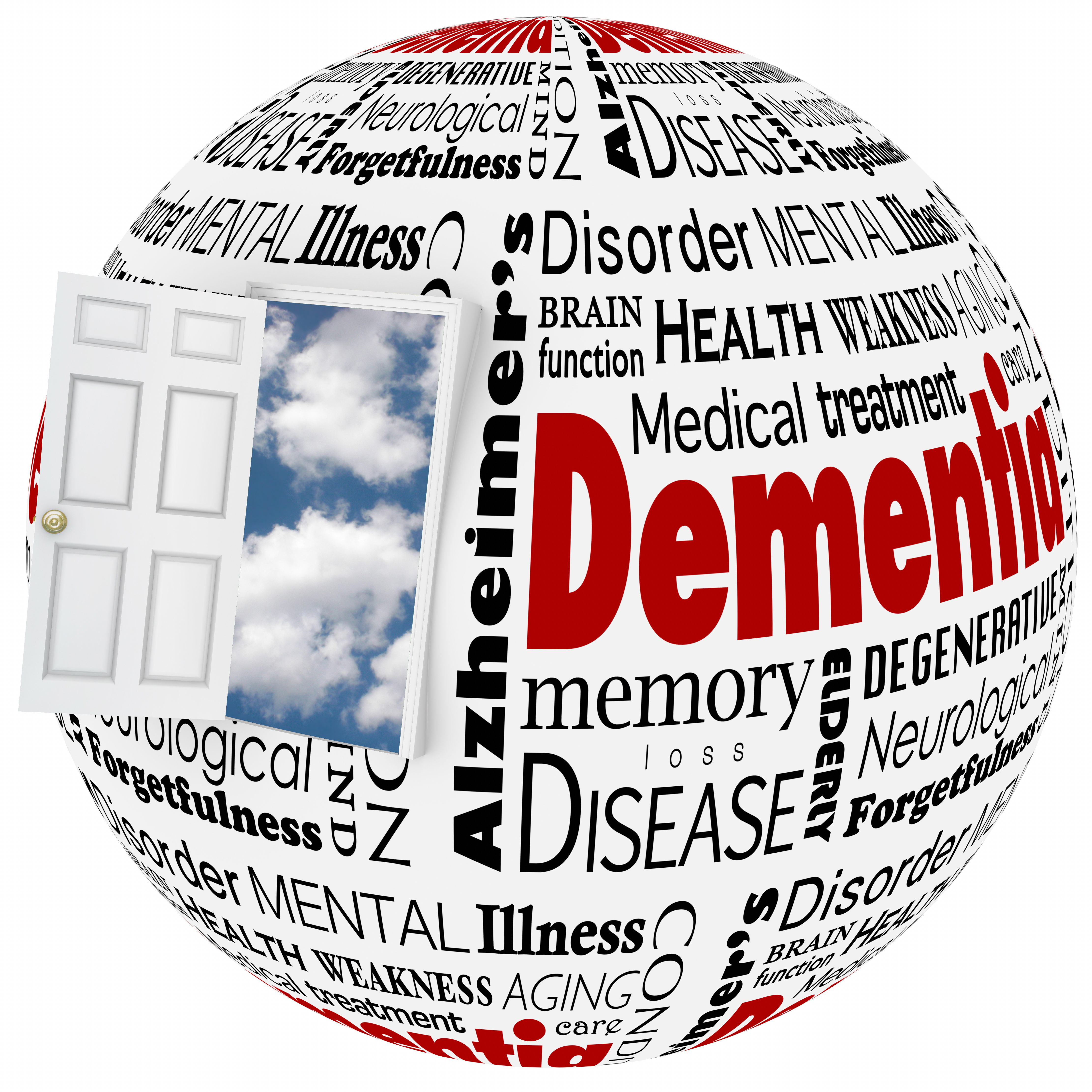To address this, a research team led by UC San Francisco deployed cognitive tests through a mobile app and found it could detect early signs of FTD in people who were genetically predisposed to get the disease but had not yet developed symptoms. These tests were at least as sensitive as neuropsychological evaluations done in the clinic.
The study appears in JAMA Network Open on April 1, 2024.
More than 30 FTD clinical trials are underway or in the planning stages, including one that may become the first drug approved to slow progression in some gene carriers. Researchers hope the new mobile technology will hasten the work.
“Eventually, the app may be used to monitor treatment effects, replacing many or most in-person visits to clinical trials’ sites,” said first author Adam Staffaroni, PhD, clinical neuropsychologist and associate professor in the UCSF Department of Neurology and the Weill Institute for Neurosciences.
FTD is not easy to diagnose
FTD is the No. 1 cause of dementia in patients under 60, with up to 30% of cases attributed to genetics. It has three main variants with symptoms that may overlap. The most common causes dramatic personality shifts, which may manifest as lack of empathy, apathy, impulsivity, compulsive eating, and socially and sexually inappropriate behavior. Another affects movement, and a third impacts speech, language and comprehension, which is the variant that Bruce Willis is reported to have. In rare cases, FTD triggers bursts of visual creativity.
As with Alzheimer’s disease, patients with FTD are believed to be most responsive to treatment early on, ideally before their symptoms even emerge. “Most FTD patients are diagnosed relatively late in the disease, because they are young, and their symptoms are mistaken for psychiatric disorders,” said senior author Adam Boxer, MD, PhD, endowed professor in memory and aging at the UCSF Department of Neurology.
“We’ve heard from families that they often suspect their loved one has FTD long before a physician agrees that is the diagnosis,” said Boxer, who is also director of the UCSF Alzheimer’s Disease and Frontotemporal Dementia Clinical Trials Program.
Software that can detect a waning ability to plan
The researchers tracked 360 participants with an average age of 54 enrolled in ongoing studies at ALLFTD centers and UCSF. About 90% had data on disease stage. These included 60% who did not have FTD or were gene carriers who had not yet developed symptoms, 20% with early signs of the disease and 21% with symptoms.
Staffaroni and Boxer collaborated with software company Datacubed Health, which developed the platform, to include tests of executive function, such as planning and prioritizing, filtering distractions and controlling impulses. In FTD, the part of the brain responsible for executive functioning shrinks as the disease progresses.
The rich data collected by the app, including voice recordings and body movements, enabled the researchers to develop new tests that eventually could help with early diagnosis and monitoring of symptoms.
“We developed the capability to record speech while participants engaged with several different tests,” said Staffaroni. “We also created tests of walking, balance and slowed movements, as well as different aspects of language.”
FTD researchers say they are closer to finding treatments that may eventually slow the progression of the disease, which is fatal. These include gene and other therapies, such as antisense oligonucleotides (ASOs), to increase or decrease the production of proteins that are abnormal in gene carriers.
Although there are currently no plans to make the app available to the public, it could be a boon to research.
“A major barrier has been a lack of outcome measures that can be easily collected and are sensitive to treatment effects at early stages of the disease,” said Staffaroni. “We hope that smartphone assessments will facilitate new trials of promising therapies.”
As with anything you read on the internet, this article should not be construed as medical advice; please talk to your doctor or primary care provider before changing your wellness routine. This article is not intended to provide a medical diagnosis, recommendation, treatment, or endorsement. These statements have not been evaluated by the Food and Drug Administration.
Content may be edited for style and length.
References/Sources/Materials provided by:
This article was written by Suzanne Leigh at the University of California-San Francisco
https://www.ucsf.edu/news/2024/03/427331/app-may-pave-way-treatments-no-1-dementia-under-60s




